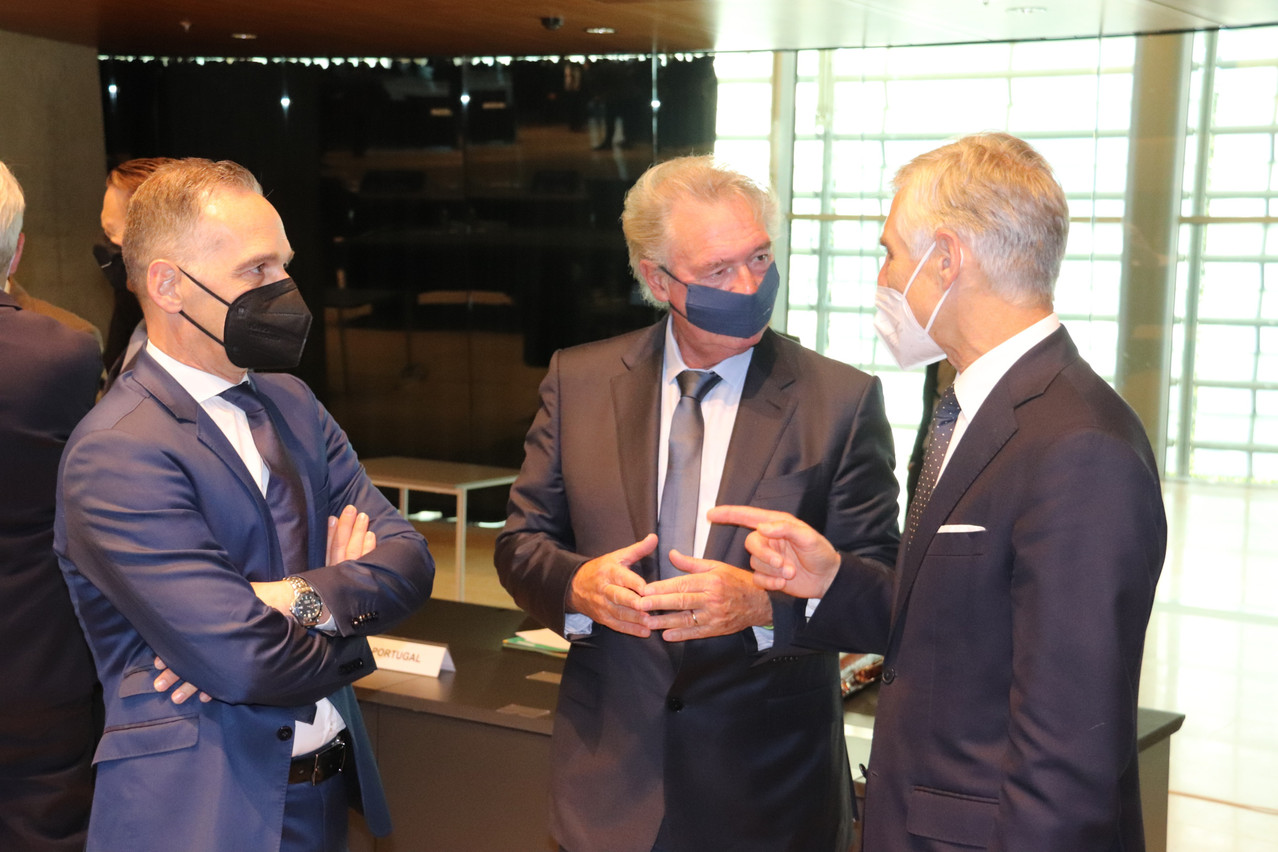The foreign affairs council’s meetings, usually taking place once a month, aim to coordinate member states’ diplomatic efforts and to ensure that the EU speaks with one voice when it comes to international relations. The EU’s approach towards the countries in the Persian gulf (Bahrain, Kuwait, Iraq, Oman, Qatar, Saudi Arabia and the United Arab Emirates) was first on the agenda.
"The Gulf countries are strategic partners with whom we have many common interests, particularly in the areas of digitalisation and climate change. However, as we have just seen with the failure of the resolution on Yemen at the Human Rights Council, our points of view remain diametrically opposed on certain fundamental issues. This makes it all the more important to strengthen dialogue at all levels, and to speak out when necessary,” Asselborn said in a statement.
The foreign affairs ministers also discussed the latest developments in Ethiopia, including the humanitarian situation and the common approach the EU could take to this crisis. An armed conflict between the government of Ethiopia and forces in its northern Tigray region has left 400,000 people living in famine-like conditions according to the UN. Seven UN senior officials were recently expelled by the Ethiopian government.
The Foreign ministers agreed to continue humanitarian assistance to Ethiopia. EU Commissioner for International Partnerships, Jutta Urpilainen, will travel to Ethiopia together with the EU Special Representative for the Horn of Africa, Annette Weber, to speak on behalf of the EU on the need to implement a ceasefire and start a political process including all actors.
